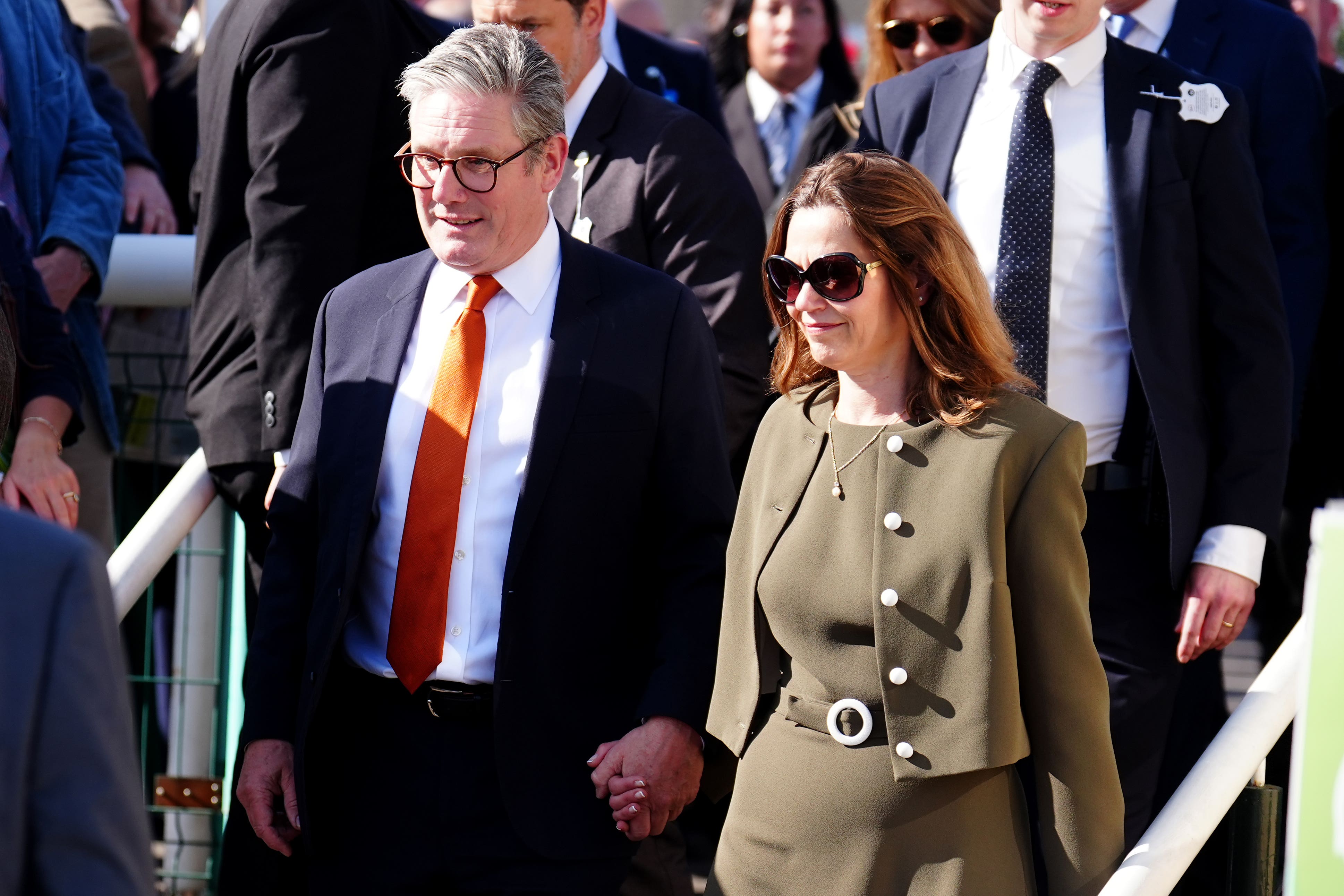Has the PM learned yet that there’s no such thing as a freebie?
Letters to the editor: our readers share their views. Please send your letters to letters@independent.co.uk

Expensive clothes and designer eyewear are a very poor look, Sir Keir (“Starmer reported to Parliament’s standards watchdog over wife’s clothes bought by donor”, Tuesday 17 September). It’s simple – no politician should take personal gifts.
Flaunting one’s affluence in front of an electorate, a substantial proportion of which is struggling to make ends meet, is the height of incompetence.
No wonder politics is viewed with such disdain.
Steve Edmondson
Cambridge
How much longer before we rejoin the single market?
It is hardly a surprise that modelling by economists at Aston University has yet again highlighted the continuing act of economic self-destruction that is Brexit (“Brexit has delivered a great trade crash – and it’s only getting worse”, Wednesday 18 September).
Goods exports and imports are being seriously hit by the bureaucratic barriers erected by leaving the single market, reducing the UK’s trade competitiveness.
The research has reinforced this stifling impact, estimating that annual exports to the EU are 17 per cent lower, and imports 23 per cent behind where they would have been if Brexit had not occurred.
Brexit continues, and will continue to have a profound and ongoing impact on UK trade with the EU – and yet the Labour government continues to rule out rejoining the EU single market or forming a customs union.
The party did, however, promise in its manifesto to “tear down” barriers to trade with Europe by seeking other improvements.
If Keir Starmer is as serious as he says about economic growth and taking tough decisions, it is essential that he tackles the elephant in the room and is more ambitious in deepening trade ties with Brussels, including rejoining the EU single market.
Alex Orr
Edinburgh
Soft on serious crime
Where is the real punishment for vile criminals who choose to view the most evil images of abused children?
The Huw Edwards case has brought home that, with our sentencing guidelines, there seems to be too much emphasis on the offender’s mental health, instead of the physical and mental trauma of all those children who suffer this abuse.
First-time offenders viewing child sexual abuse imagery are given counselling, which is needed. But is it really just the simple fact of prison overcrowding that means such monsters are not handed jail terms? Or are our judges simply too soft on what should be the serious crime of viewing the most violent and sick material of children being abused?
Tanya Fillbrook
Dorset
Lammy’s climate-change hot air
The foreign secretary is preaching to the converted (“David Lammy says climate change is more urgent threat than terrorism or Putin”, Tuesday 17 September). Instead, he would be better advised to use his time talking to China, India and the United States.
Britain produces less than one per cent of the world’s output of harmful gases. To lecture an already willing population on global warming, while not achieving more, is a bit of a dichotomy.
Backing more action would maybe encourage other country leaders to follow our lead. We may be able to assist them to achieve their goal in reducing global warming. We don’t need lectures – we need action.
Keith Poole
Basingstoke
Office workers race to the top
Mark Thompson is right to fear the loss of human skills in the workplace (Letters, Tuesday 17 September), but working from home is not the main culprit – and a lack of engagement in the workplace has always been an issue.
Today, the biggest issues with effective working and team dynamics are twofold. An unhealthy and decades-long love affair with competition in the workplace, be it fighting for financial resource or gaining attention from the “top of the shop”; and the second is a UK-wide lack of recognition and therefore lack of investment in leadership skills.
Teams didn’t work well together just because they were all squeezed into increasingly cramped open-plan or hutch-like offices. They work well because they have leaders who know how to lead, or at least do the very basics with team management.
Don’t get me wrong, people do need to come together as teams – it is essential – but they should do so for a healthier purpose, not just to race up the management ladder.
Laura Dawson
Harpenden






Join our commenting forum
Join thought-provoking conversations, follow other Independent readers and see their replies
Comments